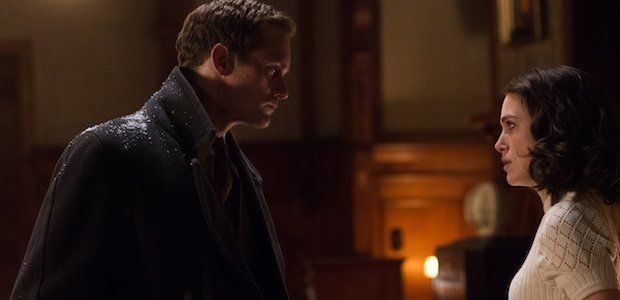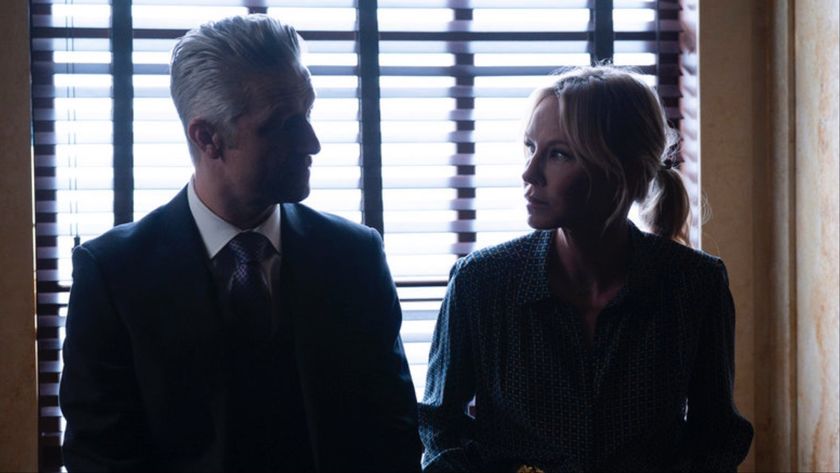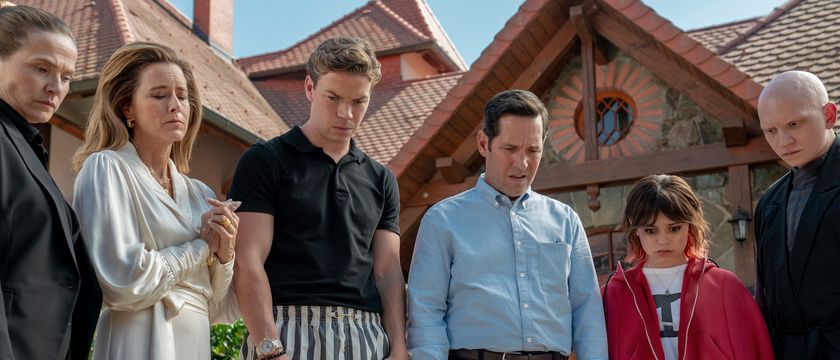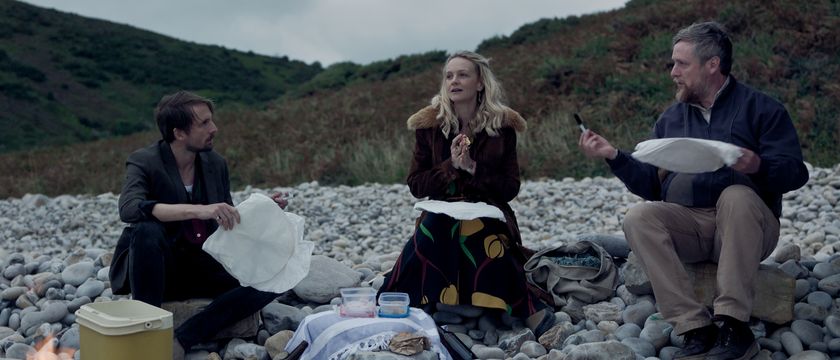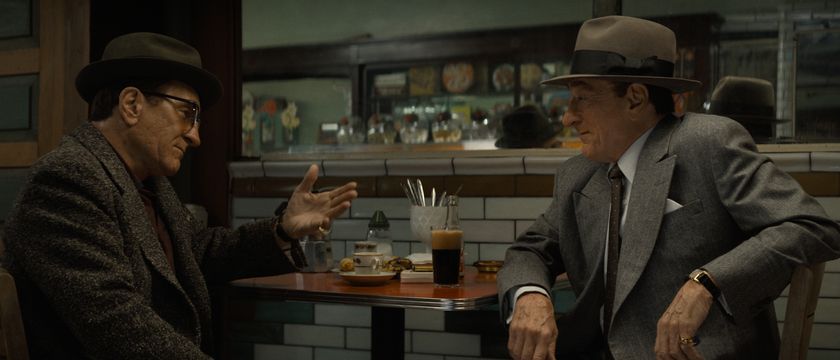James Kent’s The Aftermath is a film with no shortage of drama. It’s set in post-World War II Germany; it has a British couple occupying the home of a suspicious, wealthy architect and his daughter; the relationship at the center of the story is about ready to collapse due to temptation and a past tragedy still brimming with unresolved feelings. On paper, these are ingredients that add up to an engaging period romance – and it’s really because of all of this potential that the movie is a sincere disappointment.
For all The Aftermath has going on -- including strong performances from its leads -- the whole production feels completely inert, and with its intensely deliberate pace is primarily just dull. What could be interesting plot elements are tossed by the wayside in favor of developing a central relationship that crawls along, all leading to a conclusion that makes you wonder why you just spent 108 minutes watching the whole story unfold.
An adaptation of the novel of the same name by Rhidian Brook, The Aftermath begins as Rachael Morgan (Kiera Knightley) travels to Hamburg, Germany, where she is to be reunited with her husband Lewis (Jason Clarke) after much time apart. A colonel with the British Forces, Lewis has been given a key role in the reconstruction of the city, and during their stay the couple is assigned the palatial home belonging to the quiet and mysterious Stephen Lubert (Alexander Skarsgard). Despite the fact that Rachael is both anticipating more quality time with her spouse, and is clearly made uncomfortable by the Germans, Lewis agrees to let Stephen and his daughter Freda (Flora Thiemann) remain in the house, staying in the service quarters on the top floor.
While Lewis heavily invested in his work, Rachael is left feeling isolated and like a stranger in a strange land – exacerbating her depression that has been lingering since the death of her young son during The Blitz. Her loneliness is slowly abated, however, as she begins to spend more time with Stephen at home, and it’s a relationship that slowly (very, very slowly) becomes more than just friendship.
There is some meat on the bones of the characters being played here, with the highlights being the epic emotional suppression demonstrated by Lewis as he simultaneously expresses surprising sympathy for the post-war Germans, and Rachael’s painful attempts to maintain a brave face. Unfortunately, they aren’t supported by a strong enough script to allow you to be fully absorbed by the performances. Because there is so much being balanced in the narrative, the audience is led to be less watching than simply following, and even still there are seriously big plot developments that go without any real conclusions (the most significant being a missing painting from the front hall in Stephen’s house, and his relationship with the Nazi party).
This would be mostly forgivable if The Aftermath were to provide a strong ending that properly captured the emotional journey of the characters, but it doesn’t do that. Obviously not too much can be said without giving away absolutely everything, but given all of the drawn-out set up there are choices made by the characters that don’t properly track with the momentum of the story, and what is already a dry experience gets insult added to injury.
The Aftermath is meant to have a dual meaning – referencing both the post-war period and the status of Rachael and Lewis’ marriage following the death of their son – but the movie really manages to leave both halves feeling half-baked and lacking. It’s a film that die-hard fans of the principals should seek out, as there are some impressive moments, but at the same time it's not one that can be recommended to everyday period romantic drama enthusiasts.

Eric Eisenberg is the Assistant Managing Editor at CinemaBlend. After graduating Boston University and earning a bachelor’s degree in journalism, he took a part-time job as a staff writer for CinemaBlend, and after six months was offered the opportunity to move to Los Angeles and take on a newly created West Coast Editor position. Over a decade later, he's continuing to advance his interests and expertise. In addition to conducting filmmaker interviews and contributing to the news and feature content of the site, Eric also oversees the Movie Reviews section, writes the the weekend box office report (published Sundays), and is the site's resident Stephen King expert. He has two King-related columns.
